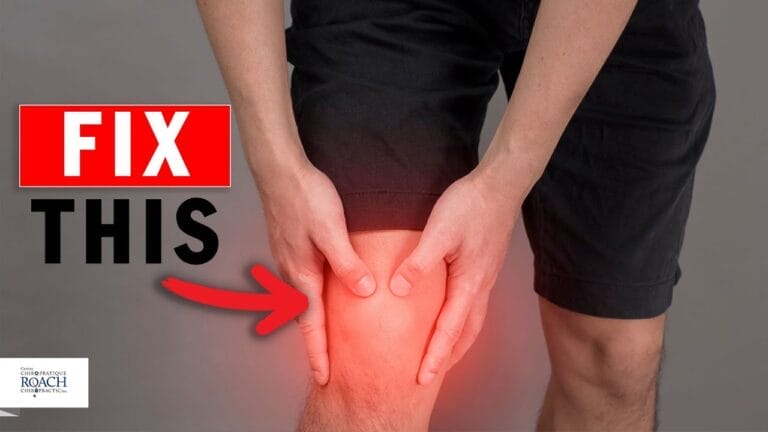Everything You Need to Know About Sciatica
Sciatica is a common condition that affects millions of people worldwide, causing pain that radiates along the path of the sciatic nerve, which runs from the lower back through the hips and down each leg. This condition can significantly impact daily activities, making movement painful and limiting mobility. Chiropractic care offers a non-invasive, drug-free approach to managing and alleviating sciatica symptoms. This blog post explores the causes, symptoms, chiropractic solutions, best practices, exercises, and the importance of ongoing care.

Understanding Sciatica
Sciatica occurs when the sciatic nerve becomes compressed or irritated, often due to conditions such as:
- Herniated or bulging discs pressing on the nerve.
- Spinal misalignment causing nerve irritation.
- Piriformis syndrome, where the piriformis muscle compresses the sciatic nerve.
- Spinal stenosis, a narrowing of the spinal canal.
- Degenerative disc disease, leading to nerve inflammation.
Canadian and Worldwide Statistics
- Sciatica affects approximately 40% of Canadians at some point in their lives.
- Globally, chiropractic care has a 65-75% success rate in improving sciatica symptoms.
- Low back pain, including sciatica, is the #1 cause of disability worldwide.
Identifying Symptoms of Sciatica
Sciatica symptoms vary in intensity and frequency but commonly include:
- Sharp, shooting pain that radiates from the lower back down one leg.
- Burning or tingling sensations along the sciatic nerve.
- Numbness or weakness in the affected leg or foot.
- Pain that worsens when sitting or standing for long periods.
Step-by-Step Guide to Managing Sciatica
1. Chiropractic Adjustments
Chiropractic care focuses on realigning the spine to reduce nerve compression and improve mobility.
2. Stretching & Strengthening Exercises
Regular exercises help improve flexibility and reduce tension in the lower back and hips.
3. Lifestyle Adjustments
- Maintain proper posture while sitting and standing.
- Take frequent breaks from prolonged sitting.
- Use ergonomic furniture to support spinal health.
4. Heat & Cold Therapy
Applying heat relaxes muscles, while cold therapy reduces inflammation.
Quotes on Chiropractic Care and Sciatica
“Chiropractic care offers a safe, effective alternative to surgery for sciatica relief.” – Dr. Peter Rothbart
Short and Long-Term Benefits of Chiropractic Care
Short-Term Benefits:
- Immediate pain relief and reduced inflammation.
- Improved mobility and flexibility.
Long-Term Benefits:
- Prevention of recurring sciatica symptoms.
- Enhanced spinal health and nerve function.
Best Practices & Routines for Sciatica Prevention
- Daily stretching to maintain flexibility.
- Proper lifting techniques to avoid strain.
- Regular chiropractic visits to prevent nerve compression.
Exercises & Stretches for Sciatica Relief
- Knees to Chest Stretch: Helps relieve sciatic nerve pain.
- Cobra Stretch: Provides essential relief for sciatica pain.
- Seated Hip Stretch: Targets areas contributing to sciatica pain.
Trusted Resources for More Information
- Sciatica Chiropractic Care in Canada
- Chiropractic Treatment for Sciatica
- Exercises for Sciatica Relief
The Importance of Ongoing Chiropractic Care
Consistent chiropractic care helps maintain spinal alignment, reducing the likelihood of sciatica recurrence. By addressing nerve compression and muscle tension, chiropractic adjustments provide long-term relief and improve overall mobility.
Sciatica can significantly impact daily life, but chiropractic care offers an effective, non-invasive solution. By incorporating adjustments, exercises, and lifestyle modifications, individuals can manage sciatica symptoms and prevent future complications. If you’re experiencing sciatic pain, consider scheduling an appointment with Roach Chiropractic to explore personalized treatment options. Contact us today to start your journey toward pain-free living!
SHARE THIS






